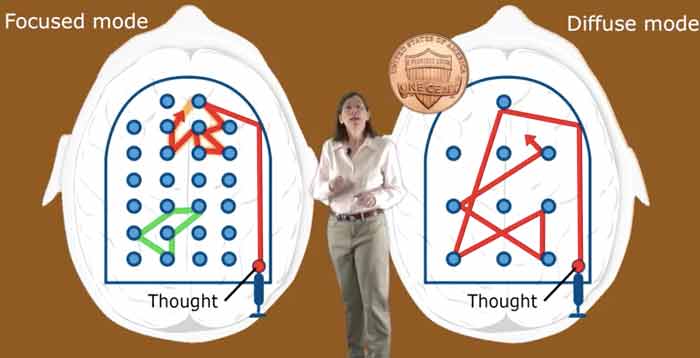

In English, a verb can be constructed by using "out" + any person's name (or title). Note that a way of "testing" doubling of rare final consonants, is with the "out-" trick. Although another rule says to add -k to final -c to make -ck, that's only the case for unstressed final syllable, as in, mimicked, frolicked, panicked. "He sicced his dog on me." is acceptable, "He siced." is not.

on the last syllable in a simple or a compound verb (n3).and have regular past tense formation (n2).end in consonant + vowel + consonant (excluding final -w or -x) (n1).But, with those caveats, this is how I see it: Of course, as a descriptivist, such usage will become, or is, the rule, irrespective of how you try to formulate a "rule" to cover all cases. Naturally, this is my own interpretation, but I think the rule covers it, with very few exceptions, and even those can be explained via the normal tendency of native speakers to unconsciously parse or analyze such situations and come up with a solution based on prior experience and examples as to what feels "right" this is a normal part of language development, and can explain what are otherwise seen as exceptions. I've actually thought a good bit about this over the years, and I find it interesting that not a single site, including very authoritative ones from British and American lexicography or journalism sites, really fully describe and explain this properly. It's listed in all major American dictionaries as acceptable. The rules are more standardized in AmE (canceled, sometimes even programed etc.)Ī note on "programed": I don't use this form. The most common variant is "focused" and "focusing", both in BrE and AmE (The Longman Grammar of Spoken and Written English). (BrE) It's interesting that Fowler's recommends "benefitted", whereas Garner's recommends "benefited" and argues that "benefitted" is wrong ("commonly misspelled").įinal -m is usually doubled in BrE (programmed) final -l is often doubled in BrE (cancelled) etc.

#Focussed vs focused full#
Michael Swan argues that doubling in such cases is caused by a full vowel, which hasn't been reduced to a schwa.īurchfield, the editor of the most current Fowler's, also mentions such words, as benefitted, targetted etc., without any explanation. Pam Peters (in "The Cambridge Guide to English Usage") argues that when the final syllable is identical with a monosyllabic word, the final consonant is also doubled in British English:Įavesdropped, kidnapped, formatted, worshipped, zigzagged etc.

Re: doubling of the final consonant in an unstressed syllable. The vetting service from Future Perfect is unparallelled.The rules are much more complicated, and I don't think it's a good idea to post them all here. This word can take either double or single s, with the single option being highly preferred. Some words change their spelling to cope (they add a letter ‘k’). It is true to say that there is usually no doubling when the preceding vowel is unstressed (‘enter’ becomes ‘entering/entered’ ‘visit’ becomes ‘visiting/visited’) or when the preceding vowel is written with two letters (‘dread’ becomes ‘dreading/dreaded’). The official requirements are that we ‘double a single consonant letter at the end of any base where the preceding vowel is spelled with a single letter and stressed’. People are often confused with ‘benefitted/benefited’, ‘focussed/focused’ and ‘targetted/targeted’. When adding -ing and -ed to verbs, we sometimes double the consonant beforehand.


 0 kommentar(er)
0 kommentar(er)
